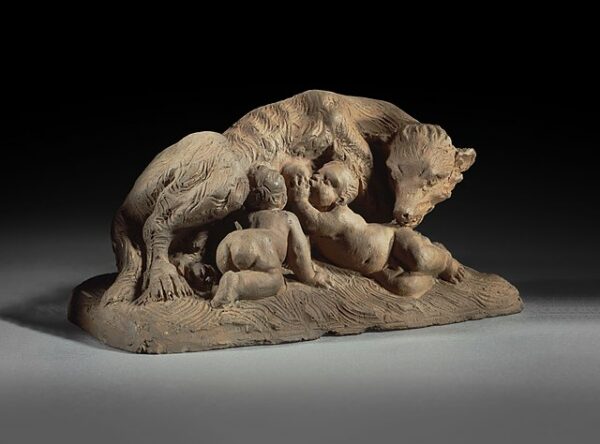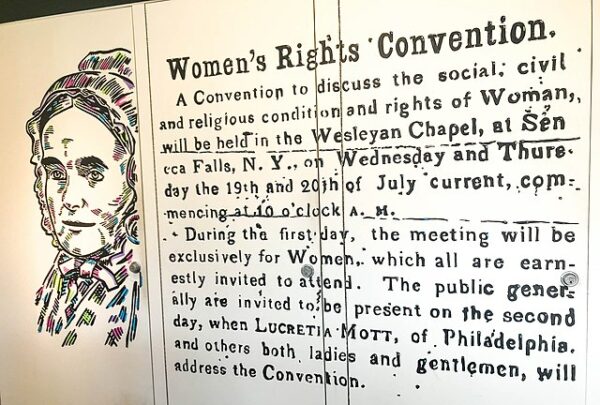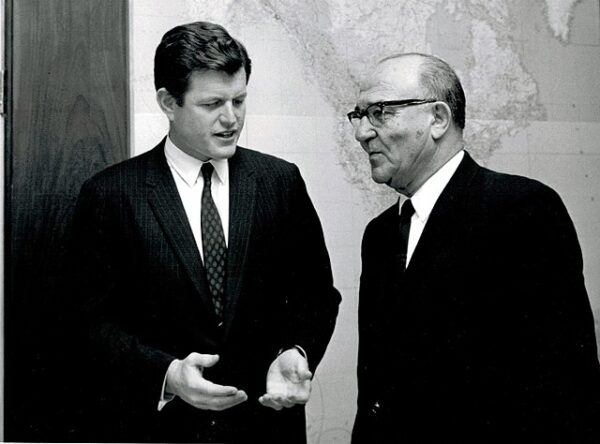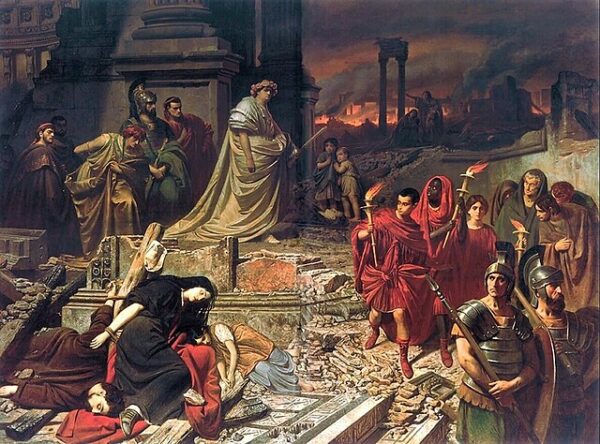The founding of Rome, steeped in myth and legend, is traditionally attributed to Romulus, who, according to legend, established the city on April 21, 753 BC. This event marks the beginning of one of the most significant civilizations in history.
As the story goes, Romulus and his twin brother Remus were the sons of Rhea Silvia, a Vestal Virgin, and the god Mars. Abandoned at birth and left to die, the twins were found and nursed by a she-wolf. They were later discovered and raised by a shepherd named Faustulus.
Growing up, Romulus and Remus displayed exceptional leadership qualities and strength. As adults, they decided to establish a city near the site where they were discovered. However, a disagreement arose over the choice of location and who would rule the new settlement.
Legend has it that Romulus favored the Palatine Hill, while Remus preferred the Aventine Hill. Unable to reach a compromise, they decided to settle the dispute through divine intervention. They agreed that each would observe a set of omens to determine who the gods favored.
Remus, impatient and eager to claim rulership, witnessed six birds flying overhead. Romulus, however, saw twelve birds, signifying a stronger favor from the gods. In a fit of jealousy and rage, Remus mocked Romulus’s claim and leaped over the newly built walls of the settlement. In response, Romulus struck him down, declaring, “So perish every one that shall hereafter leap over my walls!”
With Remus dead, Romulus became the sole ruler of the newly founded city. He named it Rome after himself and proceeded to fortify and expand it, attracting settlers from nearby regions. According to tradition, Romulus established the framework for Roman society, including its government, laws, and military organization.
To ensure the city’s prosperity, Romulus invited neighboring tribes to join Rome’s population. He also established the Senate, composed of the city’s leading citizens, to advise him on matters of governance.
The city’s strategic location on the banks of the Tiber River facilitated trade and communication, contributing to its rapid growth and influence in the region.
Over time, Rome evolved from a small settlement into a powerful republic and later an empire, shaping the course of Western civilization. The legacy of Romulus and the founding of Rome continues to captivate the imagination of people worldwide, symbolizing the enduring power of myth and the transformative impact of human endeavor.






